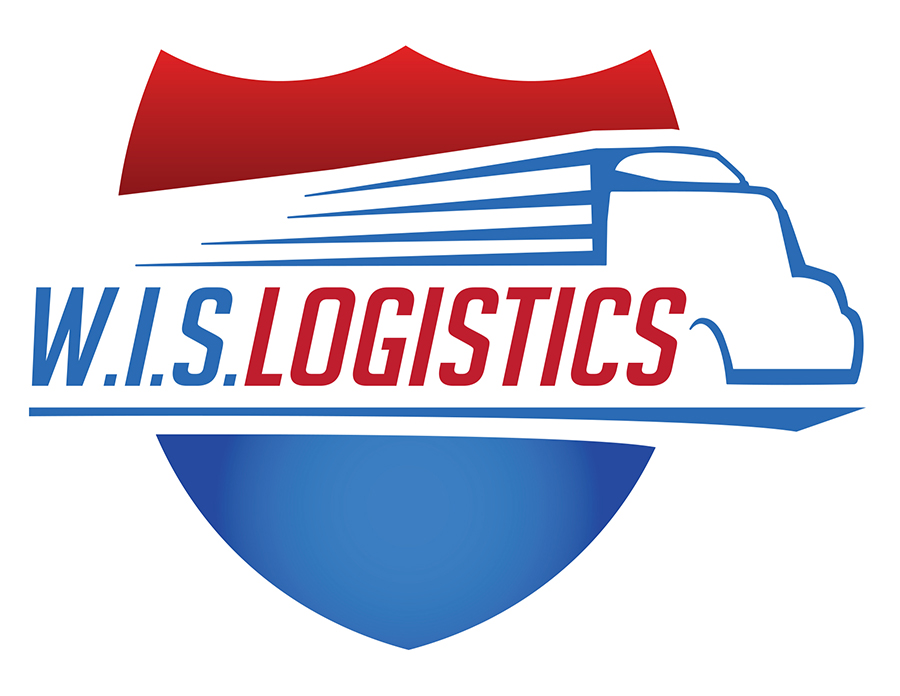Yes, more carriers are changing transit times to woo shippers.
In an environment where freight far outweighs capacity and carriers are turning away loads, why are carriers pursuing shippers? For one, it makes good business sense for the carrier. For you, the shipper, it opens up more options for moving freight.
This is not a new concept. Lean manufacturing and faster inventory replacement drove LTL carriers to this change well before West Coast port problems arose. The port issues hastened the need for faster inland supply chains. It’s a growing concept, and I’m thrilled to see it gaining steam.
As an example, we’ve seen one day of transit eliminated from two-day guaranteed service. Instead of delivering freight on a Friday-to-Tuesday schedule, two days now means Friday to Monday. In effect, carriers are offering a new next-day service. And shippers now have another alternative to air freight and expedited services.
As more carriers get on board, faster guaranteed service will come at a greater discount. More carriers equates to more competition and better pricing for you, because every shipper and his brother won’t be fighting for a limited number of trucks.
It won’t be cheap to lower transit times, but it should be worthwhile.
The Journal of Commerce writes that BB&T Capital Markets believes a ‘freight storm’ with sharply higher rates could be in the wake of the West Coast port labor dispute.
“Intermodal and truck rates could ‘skyrocket’ this spring as shippers seek capacity to move containers stranded at ports for weeks, the equity research firm [BB&T Capital Markets] said in a Feb. 17 note to investors following its 30th annual transport conference in Coral Gables, Florida. Trucking companies at the conference expected truck rates to rise 4 to 6 percent on average, excluding the impact of the West Coast container backlog,” the JOC writes.
Despite the higher cost, many shippers will take advantage of it because having freight and production lines sit idle for weeks or months is even costlier.
Is it so hard to imagine carriers courting shippers in this climate? Maybe, yet it’s easy to see reduced transit times as a win for many carriers and shippers.
